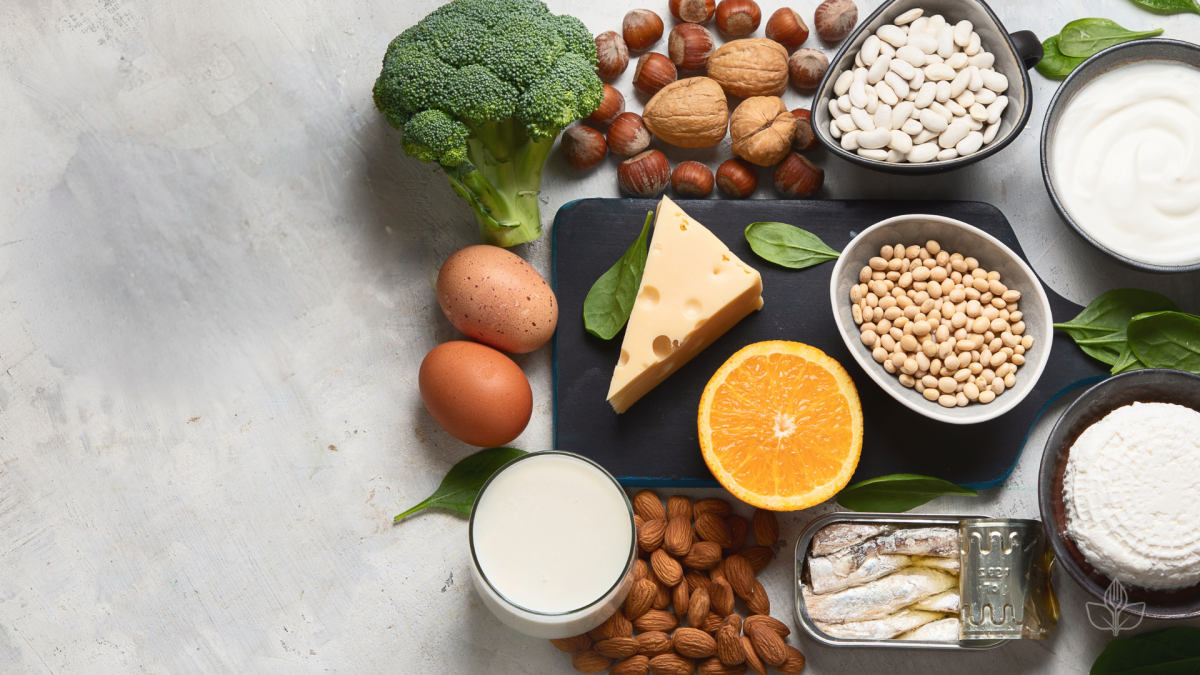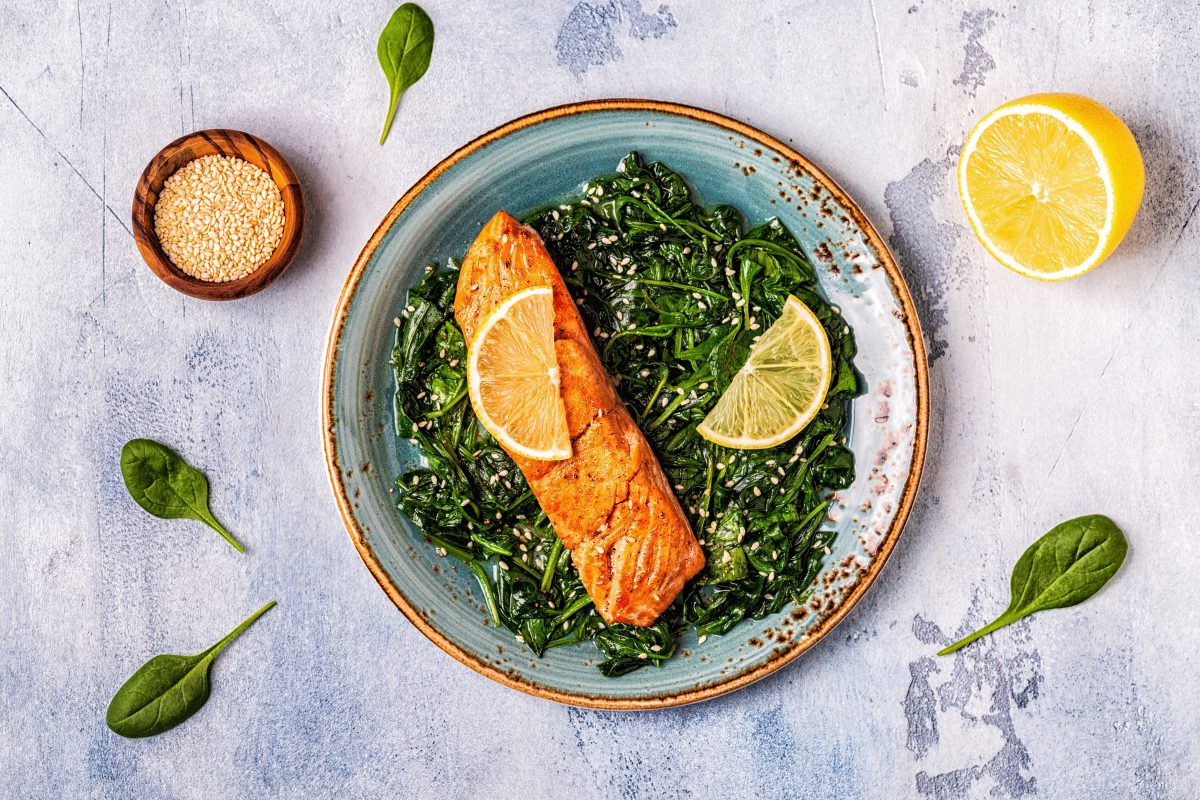
Your body is very good at giving your baby everything it needs to grow. So it’s important to get those extra micronutrients into your diet. Photo: Everwell Nutrition.
If there’s one thing Lina Finocchiaro learned from her experience with hyperemesis – a condition characterised by severe nausea and vomiting during pregnancy – it’s that mum, not baby, pays the price of poor nutrition in pregnancy and postpartum.
“Our bodies are very good at giving all the good stuff to our growing babies,” the Everwell Nutrition owner says.
“That’s why we need the extra calories and nutrients during pregnancy, and in the lead-up to getting pregnant, because growing a human takes a lot from us – and it’s our health and our body that feels the drain, not the baby.”
Of course, many foods are off the table if you’re looking to minimise risks during pregnancy – soft cheeses or unpasteurised milk, undercooked meats or eggs, unwashed salad, sprouts, lunch meats and sushi come to mind. But if you’ve had a gut-full (so to speak) of things you can’t eat, what about the things you can (and should)?
Lina says it comes down to ensuring you’re getting enough of the foods with the micronutrients (vitamins and minerals) needed to support a healthy pregnancy and postpartum.
“During pregnancy, you should increase your calorie intake by 300 per day, and the majority of that should come from vegetables, grains, lean meats and fatty fish,” she says.
“Optimal nutrition will include carbohydrates, proteins and good fats.
“There are a few micronutrients it’s worth paying special attention to during pregnancy. The role of folic acid in reducing risks of neural tube defects like spina bifida is well known, so it’s important to eat lots of leafy greens, nuts, beans and fortified breakfast cereals and breads.
“Your body also needs to up its blood volumes, so iron is key. That means lean meats or for vegetarians, leafy greens and legumes. Also, calcium, iodine and vitamin C. Look out for fortified products.”

Lina Finocchiaro is not an old-school nutritionist. Photo: Everwell Nutrition.
Highly processed foods, which claim a share of your calorie allowance and appetite disproportionate to their value, should be avoided.
“The processes those foods undergo to achieve a long shelf life destroy the micronutrients,” Lina says. “That said, it’s not a good idea to place blanket bans on entire food groups, as it can lead to an unhealthy relationship with food.”
Supplements are a great way to boost micronutrients. But they’re no substitute for proper nutrition because micronutrients from food are more readily absorbed by the body and come with the added benefit of other incidental nutrients.
“That way, rather than going for a specific micronutrient, you’re getting multiple benefits,” Lina says.
“Spinach for instance is an excellent source of folate and a source of iron, but also contains vitamins A, C and K and calcium, and is a decent source of non-meat-based protein.”

The majority of the extra 300 calories required per day during pregnancy should come from vegetables, grains, lean meats and fatty fish. Photo: Tatiana Bralnina.
Postpartum, the journey is far from over. In fact, Lina says good nutrition in the months following birth is a critical component for a mother’s recovery and long-term health outcomes.
Breastfeeding mothers may wish to increase their lean meats, oat and fennel intake.
“It’s not strongly proven, but a relationship between certain foods and prolactin levels – a hormone involved in milk production – has been made, hence the abundance of lactation cookies and shakes on the market,” Lina says.
“I would recommend including the suggested foods into your daily diet, rather than forking out for the ‘milk-making’ marketing products. They can be very yummy, and contain the suggested foods, but they’re sugar heavy and no replacement for natural whole foods.
“Try making overnight oats instead, add some fruit, maybe some peanut butter and you have a nutritious, filling breakfast with an abundance of nutrients and protein, and may incidentally boost your milk supply.
“Milk is another good thing for lactation because milk makes milk. It’s hydrating like water but with the benefits of added calcium, protein and vitamins. This is true of plant-based milks as well.”
That said, the biggest thing to avoid is not your favourite sweet treat.
Lina, who is not a “rules-based old-school nutritionist”, says one of the most destructive habits is guilt.
“Food isn’t the enemy. You don’t want to go cold turkey on all the things you enjoy. What you’re looking for is slow, incremental and sustainable changes that can eventually become your lifestyle.
“I think a lot of us can feel judged by what we eat or don’t eat, especially during pregnancy and postpartum. I have no interest in judging.
“I love my clients, but I don’t want to be seeing them forever. I want to help them build healthy habits and capacity until they don’t need me anymore.
“And if, as a mum, you want extra motivation to own your health moving forward – know that our children learn by example, and what becomes normal in your household may inform their lifestyles as they grow into adults.”
For more information visit Everwell Nutrition.












